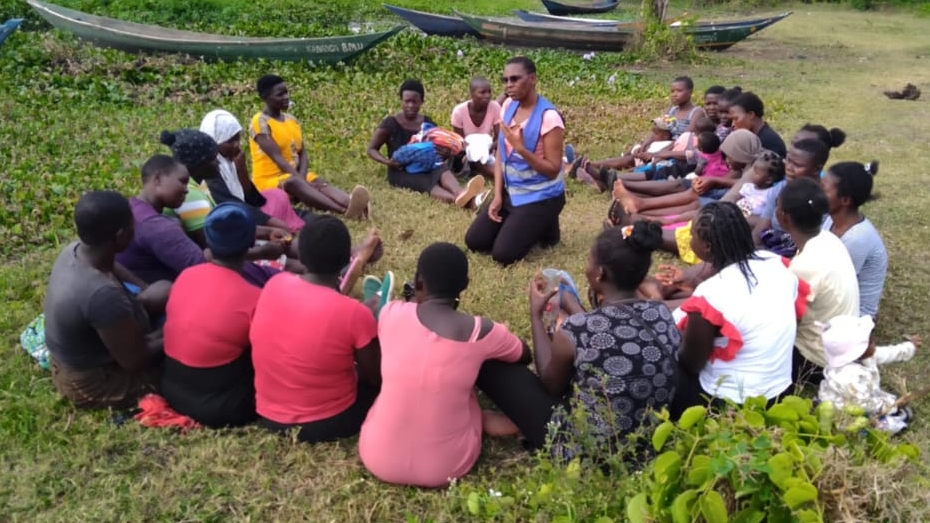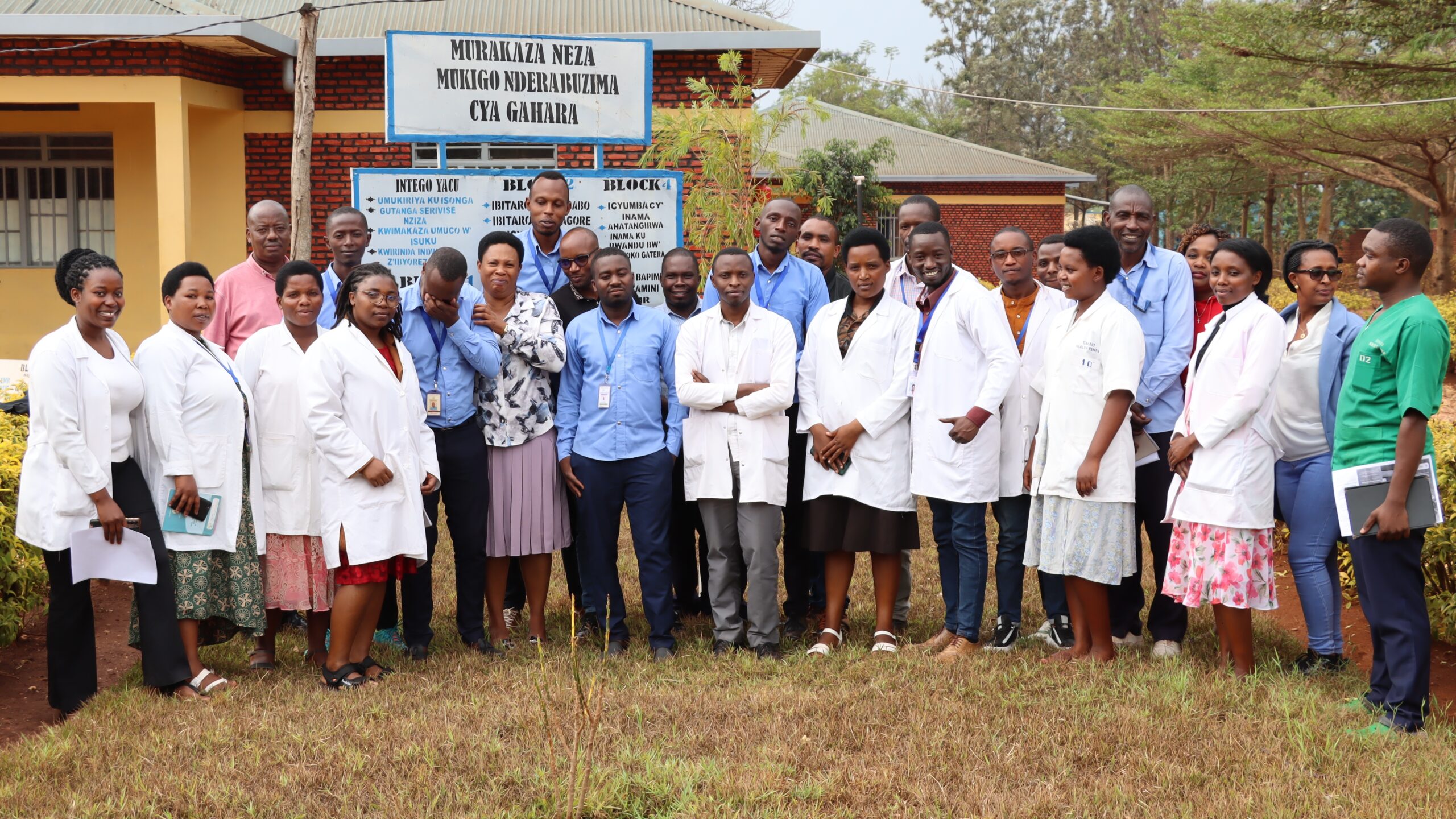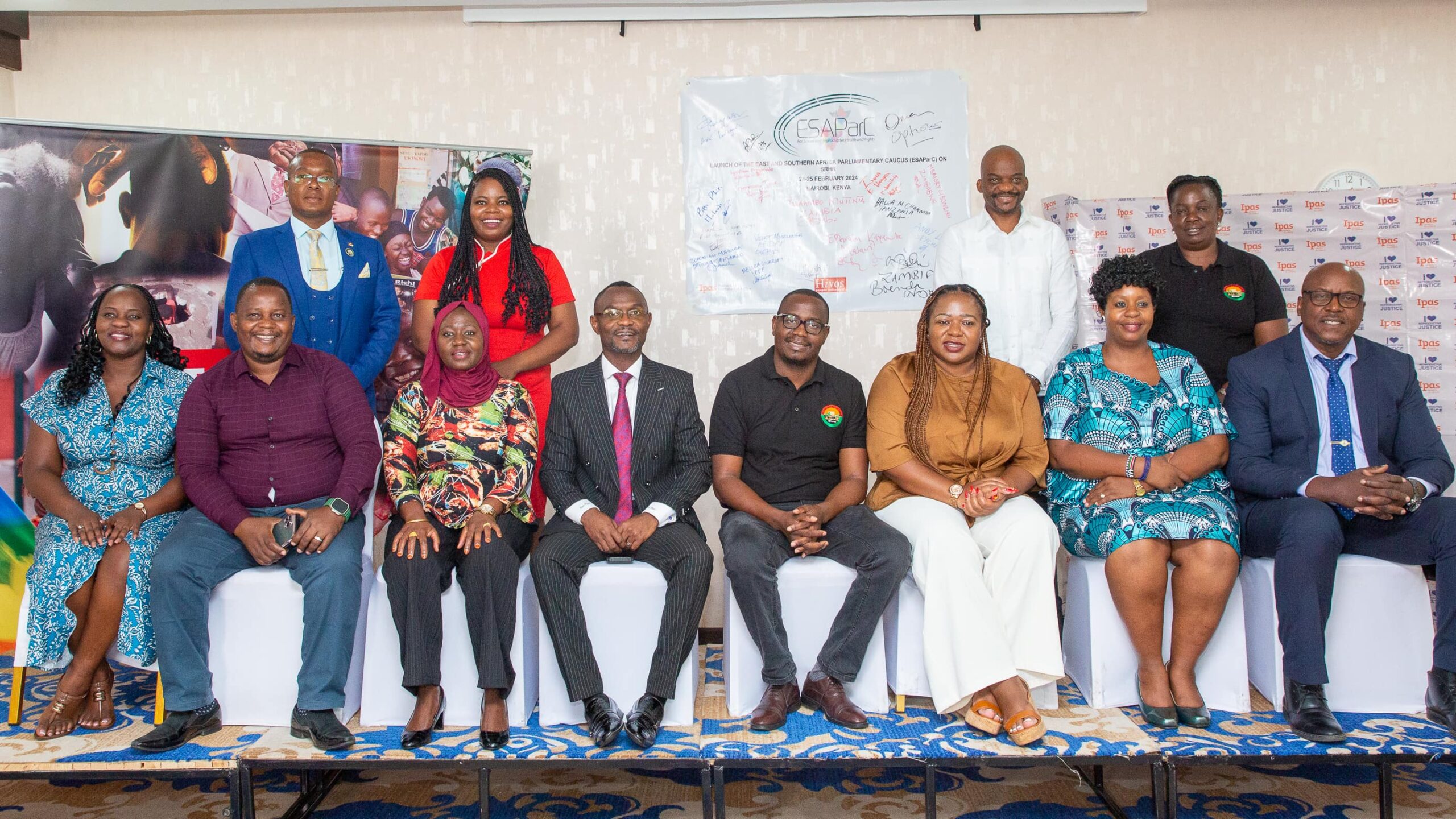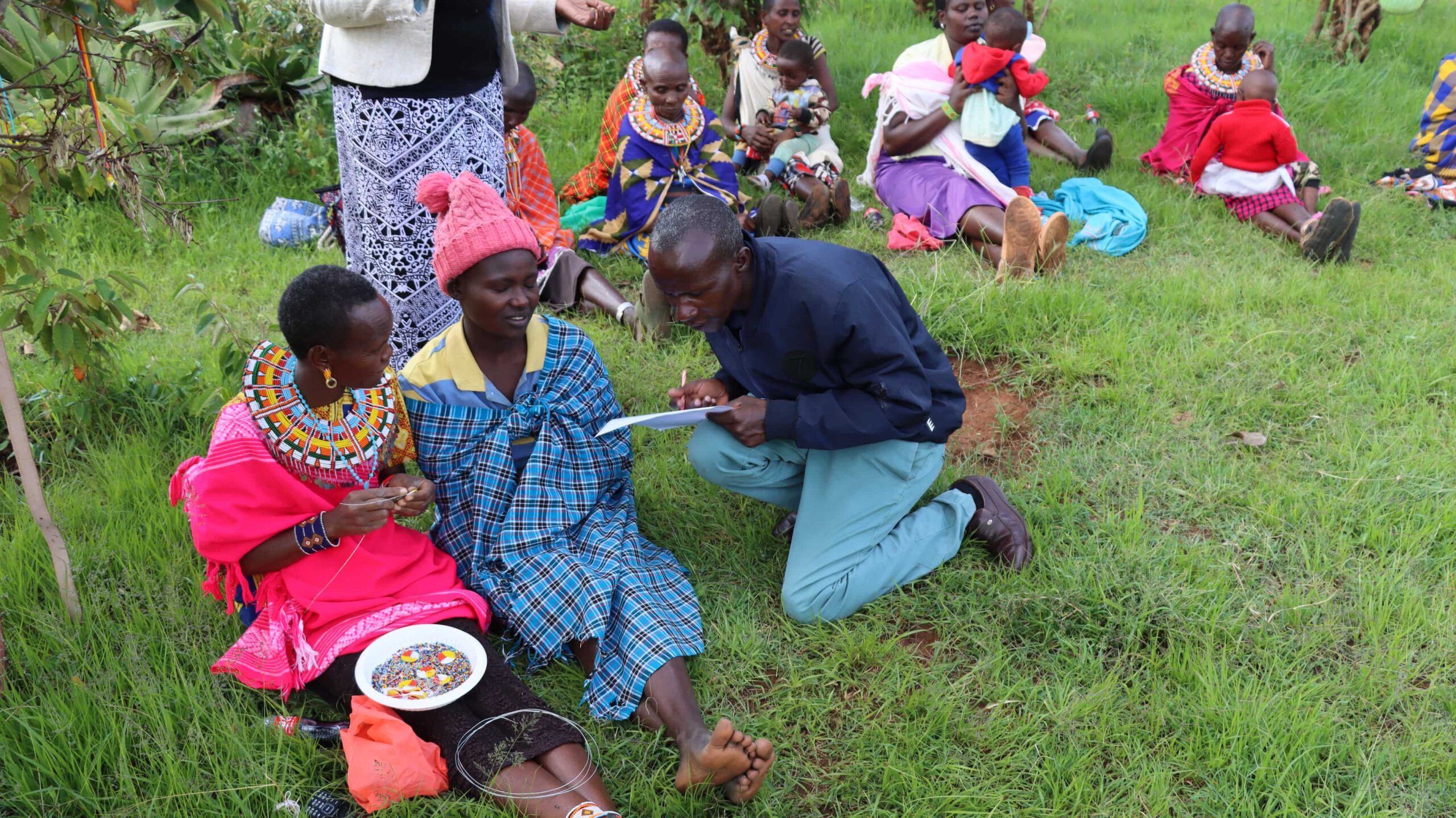We aim to reinforce the connections between community engagement and policy advocacy, fostering robust support for a variety of movements that are not only informed but also mobilized for the advancement of expanded Sexual and Reproductive Health (SRH) access and rights. This involves empowering community stakeholders with the tools and knowledge necessary to effectively disseminate SRHR-specific information and resources. By doing so, we facilitate processes that ensure the sustained presence of SRHR knowledge within communities, including vital information on abortion self-care.
Additionally, we prioritize building the capacity of community stakeholders to incorporate sustainable, user-centered, gender-sensitive, and rights-based strategies into their efforts aimed at enhancing social support for SRHR. Through this approach, we strive to create a supportive environment that respects and upholds the rights of individuals in matters related to sexual and reproductive health.
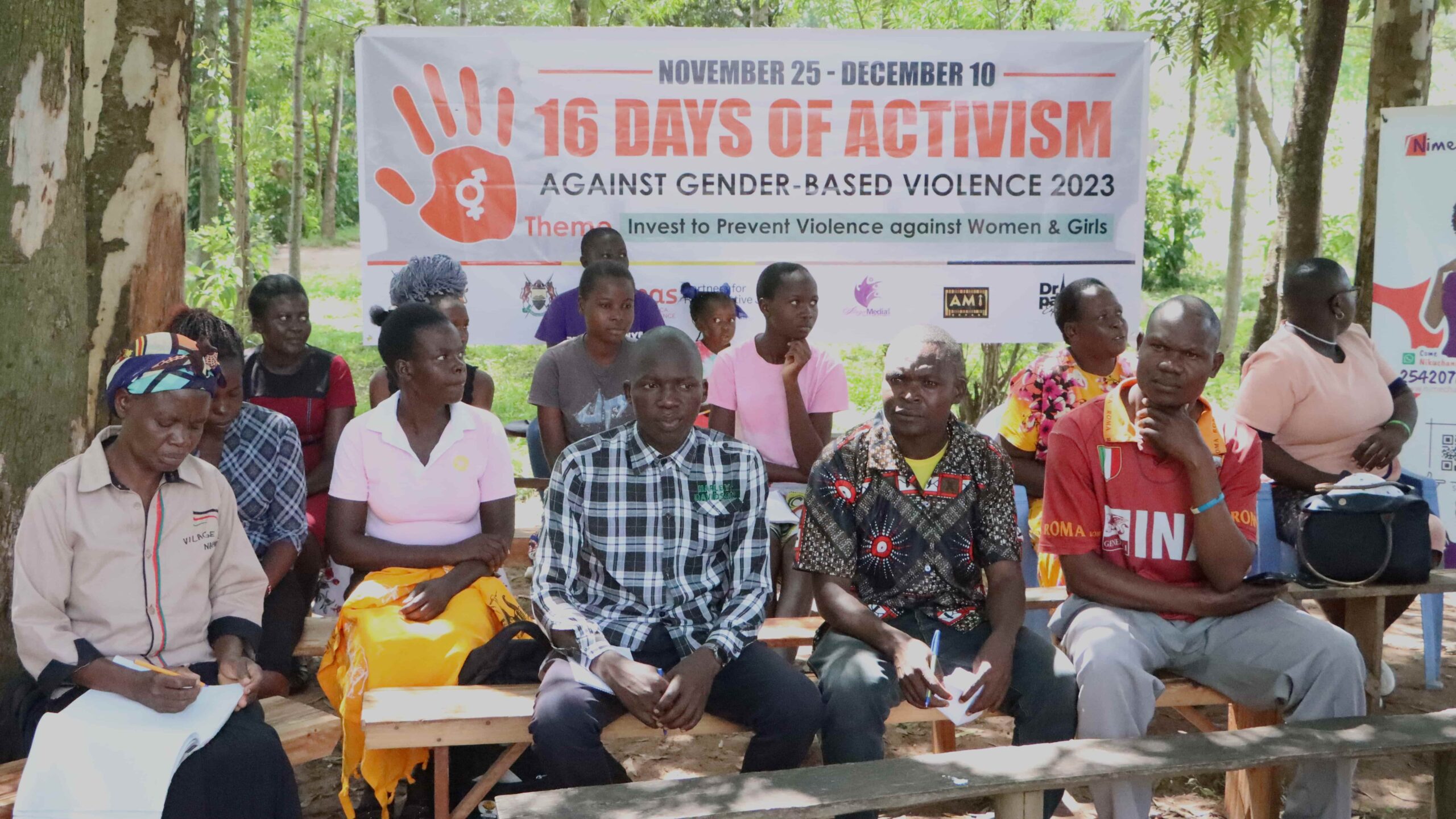
Furthermore, we collaborate closely with a diverse range of community stakeholders, providing them with the necessary support to integrate strategies for social norm change concerning SRHR. By addressing entrenched societal norms and perceptions, we aim to create a more inclusive and supportive environment where individuals can access the SRH services and rights they need without facing stigma or discrimination.
Resources
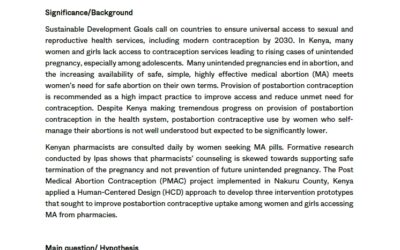
Sustainable Development Goals call on countries to ensure universal access to sexual and reproductive health services, including modern contraception by 2030. In Kenya, many women and girls lack access to contraception services leading to rising cases of unintended pregnancy, especially among adolescents.
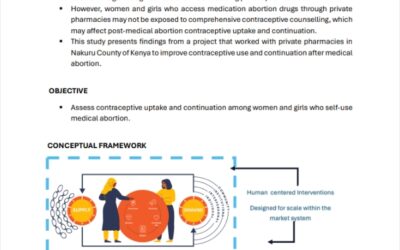
This study presents findings from a project that worked with private pharmacies in Nakuru County of Kenya to improve contraceptive use and continuation after medical abortion.
News
Period poverty remains a pressing challenge in Kenya, disproportionately affecting teenage girls in rural areas. According to research by the Ministry of Health, 54% of Kenyan girls face challenges accessing menstrual health management (MHM) products, and 65% still lack sustainable access to safe menstrual products. This crisis derails their education, exposes them to early marriages, and perpetuates the cycle of poverty.
In the heart of Kenya, from the bustling urban center of Kiambu to the rural landscapes of Kakamega, a quiet revolution in the delivery of medical abortion services (also known as abortion with pills) is taking place through the Medical Abortion Self Use (MASU) project.
In Uganda, as in many developing countries across Africa, low utilisation of modern contraceptives among young people has been attributed to a variety of factors. These include limited access to contraceptive services, negative perceptions, and concerns about side effects.
As Gen Zs across the country were mobilising themselves on social media to push for reforms in government, another set of youth in Homa Bay was using the same platform to advocate for their sexual and reproductive rights (SRHR).
Homa Bay County is experiencing a condom shortage as organisations advocating for sexual and reproductive health rights urge prompt action to stop the spread of HIV infections.
The government has moved to enforce the ban on services offered by the Traditional Birth Attendants (TBAs) across Uganda.
After being ranked as one of the top counties where the triple threat of an upsurge in gender based violence, teen pregnancies and increased cases of HIV infections, the fight against the menace has received a boost after Ipas stepped in to provide funding to help curb the situation.
According to the report, there is limited knowledge and empowerment on opportunities for women. This casts doubt on the quality and effectiveness of voter education conducted in the county.




